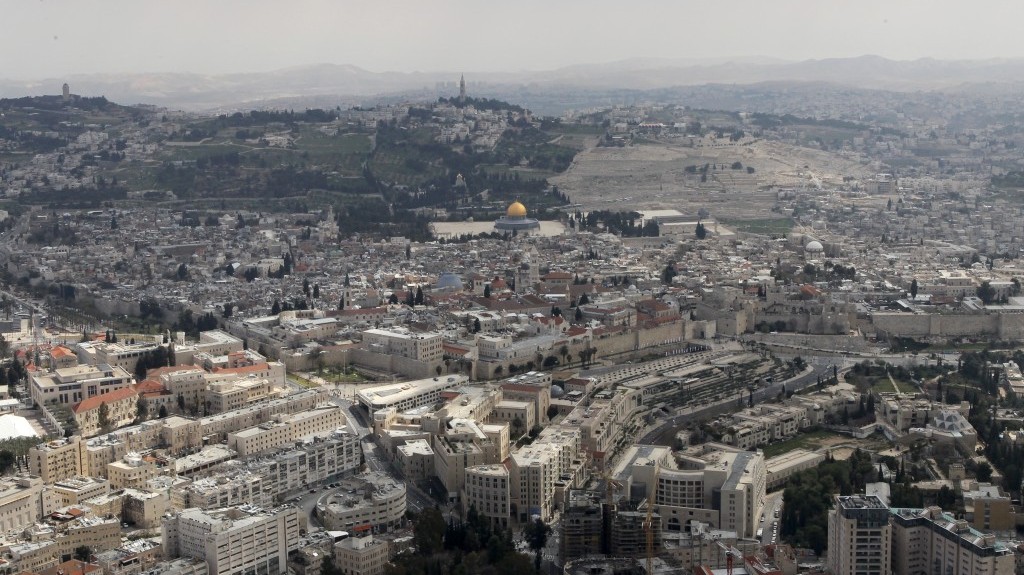Among the many landmark anniversaries in 2017 of key events in the history of the Israel-Palestinian conflict, one went almost unnoticed.
22 November marked the fiftieth anniversary of UN Security Council resolution 242, unanimously adopted after much negotiation, which laid down principles for a peaceful settlement in the Middle East.
The resolution was born out of the Arab-Israel war of June 1967 and can only be understood in that context.


How did that war begin?
In May 1967, the Egyptian government massed 100,000 troops in the Sinai peninsula to confront Israel, ordered out the UN peacekeeping force and imposed a naval blockade cutting off maritime access to Israel’s southern port of Eilat through which, at that time, Israel imported 90% of its oil requirements.
The latter measure, a clearly unlawful act of aggression which was widely denounced as such at the time, was the proximate cause of the 1967 war.
The background cause was that Syria, Jordan and Palestinian leaders had combined in an alliance with Egypt with the loudly proclaimed aim of destroying Israel by military means. This was at a time when there was no Israeli – or Jewish – presence whatsoever in the West Bank, Gaza Strip or East Jerusalem.
On 5 June 1967, Israeli forces responded with military strikes against Egyptian forces, effectively breaking the blockade and, after several days of fighting, imposing a crushing defeat on the Egyptians. On the same say, the Israelis sent a message to Jordan by means of the UN confirming that Israel had no intention of taking any action against Jordan unless the Jordanians attacked Israel.
Regrettably, the Jordanians rejected Israel’s offer to keep out of the fighting. Mistakenly believing that the Egyptians were gaining the upper hand, the Jordanians commenced artillery attacks against targets in central Israel and the Israeli part of Jerusalem. The Israelis responded by driving the Jordanian forces out of the remainder of Jerusalem and, eventually, the West Bank.
This history, now often forgotten, remains an important consideration in any resolution of the future status of the West Bank.
Read the article by Peter Wertheim, Executive Director of the Executive Council of Australian Jewry on the ABC Religion and Ethics program.

